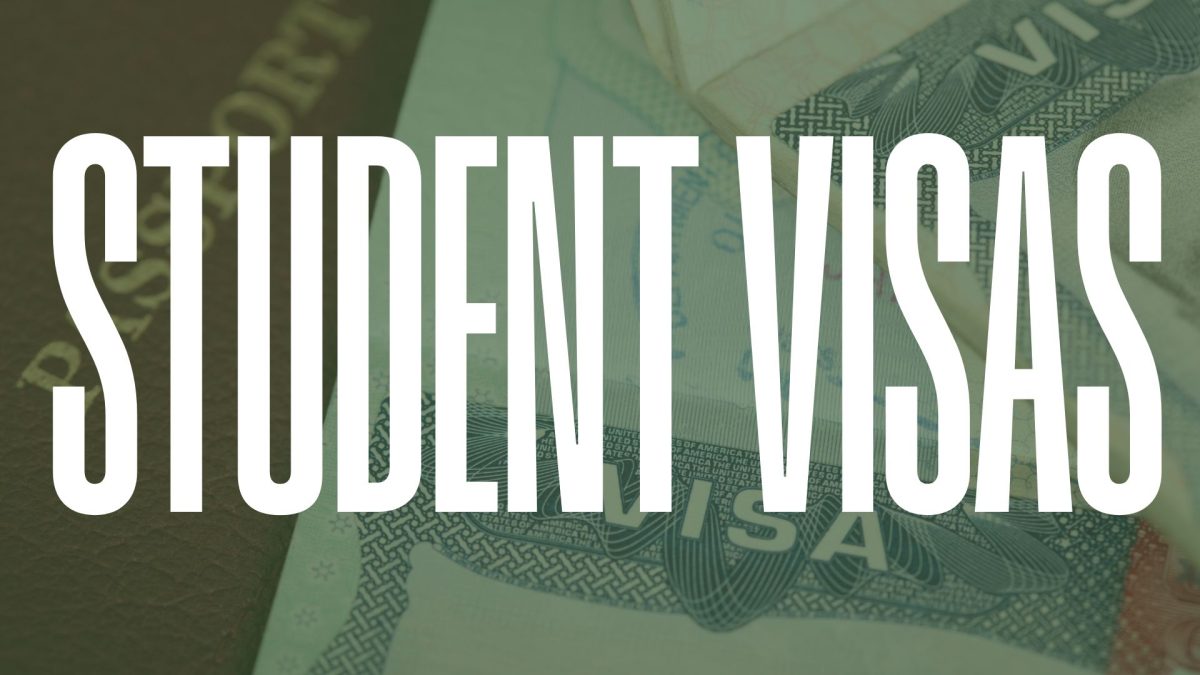President Donald Trump’s administration has abruptly reversed its decision to revoke student visas, restoring the legal status of more than 4,700 international students studying in the United States. This comes after, only a month ago, Secretary of State Marco Rubio’s proud announcement of the administration’s “right” to revoke the visas of students critical of Israel’s war in Gaza. This marked the beginning of a campaign to expel international students, resulting in thousands having their visas summarily revoked, including four students at Fordham University.
The Trump administration’s revocation of student visas was a direct assault on free speech and academic freedom, part of a strategy to test how much control the administration can exert over higher education. Many universities rightfully challenged these actions despite threats of retaliation, and that decision showed the power of a collective institutional response to Trump’s attacks on higher education.
The administration initially justified student revocations by targeting what President Trump called “pro-terrorist, antisemitic, anti-American” students, dubiously claiming they constitute “foreign policy threats” under an obscure and rarely invoked provision of the Immigration and Nationality Act of 1952. Yet the scope had expanded beyond that already troubling rationale. Many affected students had their visas revoked simply for minor infractions or run-ins with law enforcement, and many were left facing deportation with no explanation at all.
The visa revocations, included in the broader campaign of the administration’s attack on higher education, were one of many stress tests to determine the extent to which higher education institutions can become instruments of their will. These attacks are not only a crisis for international students, but also a fundamental test of whether academic institutions will preserve their values or surrender their autonomy under pressure. Universities needed to fight back against this direct assault on their institutional independence, and many did.
After dozens of lawsuits challenging the revocations, the Justice Department reversed its decision, restoring thousands of student visas it had just revoked, including all four affected Fordham students. While still a victory for international students and higher education, the government seems poised to continue its fight with a new strategy, stating that they had begun work on a new system for reviewing and terminating records and legal status for international students.
Along with the legal challenges, nearly 200 U.S. college presidents signed a statement opposing “government intrusion,” declaring their schools as places where “faculty, students and staff are free to exchange ideas and opinions … without fear of retribution, censorship, or deportation.” Signers included Fordham University President Tania Tetlow and schools that have faced direct threats from the administration, such as Harvard University.
Notably absent was Columbia University, which has chosen a different approach in the face of government pressure. When the administration threatened to withdraw $400 million in federal funding unless it implemented policy changes due to pro-Palestine protests on campus, Columbia capitulated, agreeing to disclose records of students involved in those protests to Congress and submitting to other demands. Though Columbia has since attempted to moderate its public stance amid backlash, its institutional integrity had already been damaged, with one prominent college admissions advisor saying that parents of prospective students, “don’t really trust the university to protect the students.”
Harvard took a different approach. When faced with similar threats, University President Alan Garber declared, “The university will not surrender its independence or relinquish its constitutional right.” The government clearly did not take well to this challenge, pausing $2 billion in federal grants and funding, threatening to ban enrollment of foreign students and proposing a removal of its tax-exempt status, all of which the government claims were sent mistakenly.
These different responses illustrate the dilemma universities face. Those who resist risk retaliatory actions and continuing harassment, as in Harvard’s case. Those who comply or remain silent may avoid this fate, but sacrifice their self-proclaimed priority of protecting students and their foundational principles of institutional autonomy and academic freedom. While not facing the same risks as institutions already in the Trump administration’s crosshairs, Fordham has chosen to challenge the government’s actions. The University joined 85 schools in a legal brief supporting a lawsuit by the American Association of Undergraduate Professors (AAUP). Members of the AAUP’s Fordham chapter also joined a protest in New York City against the administration’s actions.
The decision to reverse the visa revocations exemplifies the power of this collective response to Trump’s ongoing attacks on higher education. Although a promising show of higher education’s institutional backbone, this victory is likely only temporary. When the government revises its approach and renews its revocation of student visas, universities must (for many) again challenge these revocations through every possible avenue, despite the possible retaliation they may face. If not, they become complicit in a campaign unfairly targeting international students, undermining the values of free speech and the freedom of academic institutions. As the collective letter from universities noted, “the price of abridging the defining freedoms of American higher education will be paid by our students and our society.” In the face of this assault on academic freedom, our universities cannot afford to be inert or compliant. The question for American higher education is not whether they can avoid this conflict, but given another chance, whether they will meet it with the integrity their mission claims to uphold.
Zach Johnson, FCRH ’26, is an international political economy major from Boston, Massachusetts.









































































































































































































